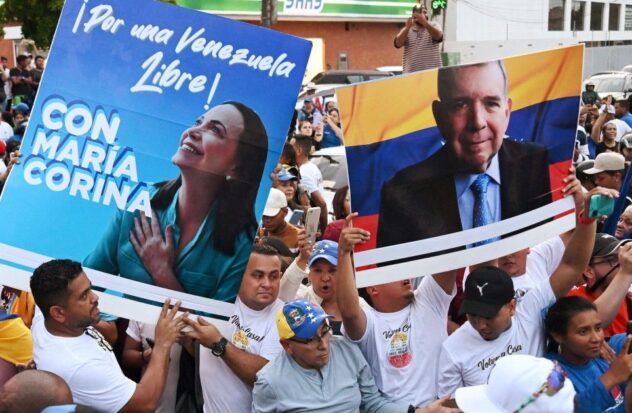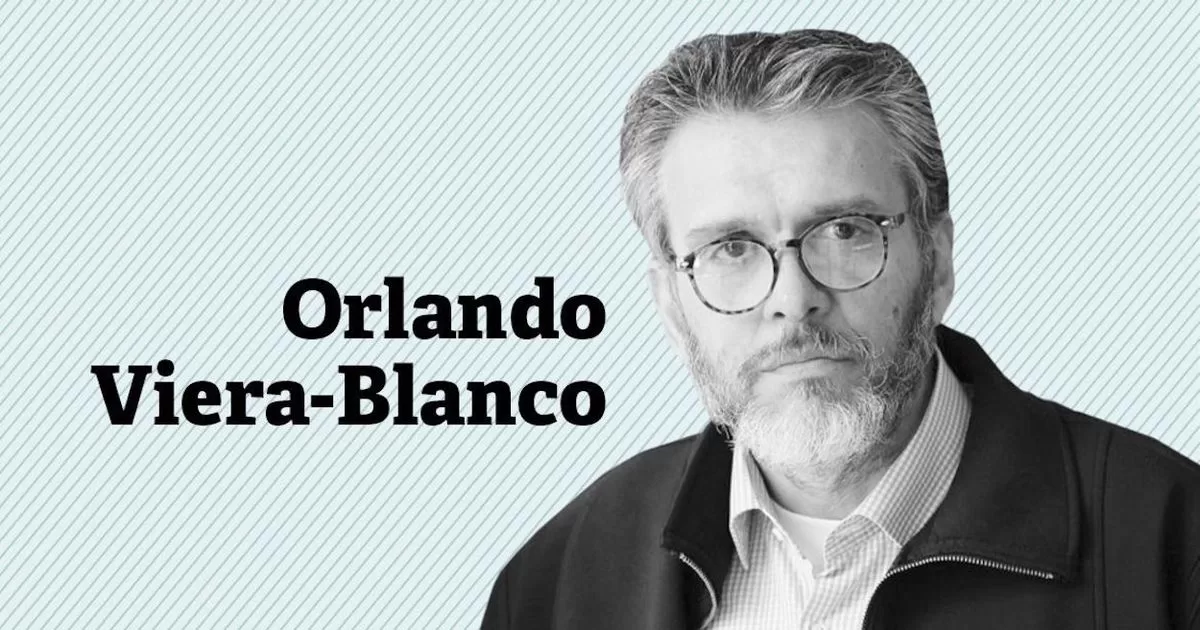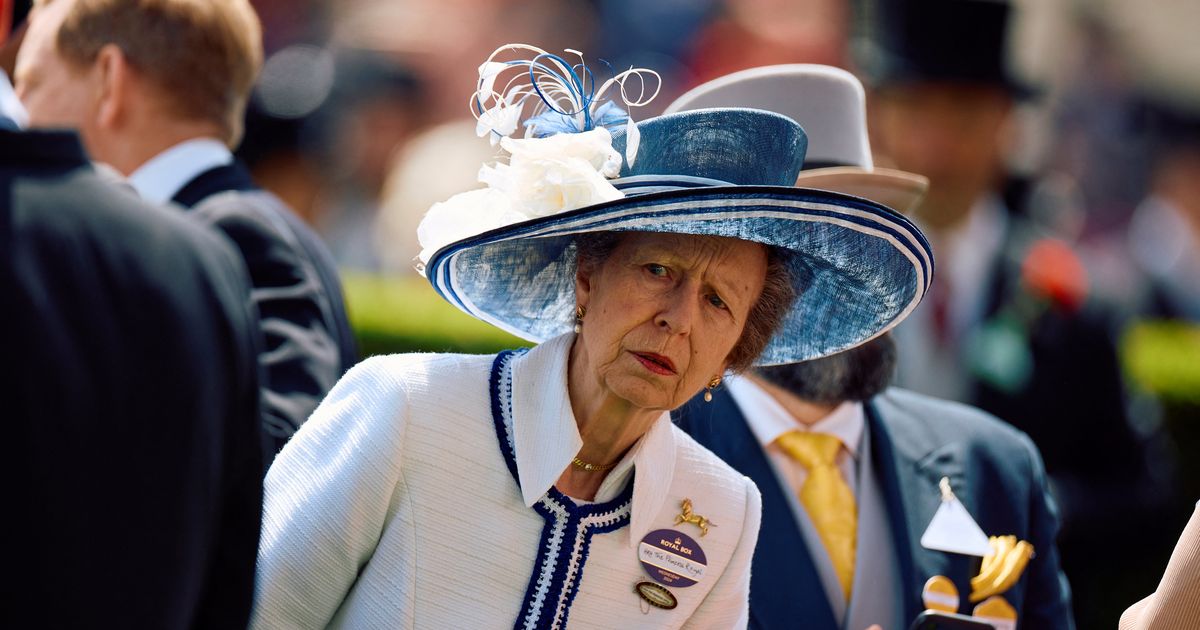48 hours before the presidential elections, in which the candidate of the democratic forces, Edmundo Gonzalez Urrutiathe dictator Nicolas Maduro does not rule out the use of the entire State apparatus to “maintain power at all costs”.
However, for Luis Toty Medina, founder of the Venezuelan Association of Political Consultants (AVENCOPOL) and director of the firm Poliestrategia, an electoral result “unquestionable and overwhelming” in favor of the opposition will reduce the Chavistas’ room for maneuver to a negotiation process.
“The government will use the State apparatus to the extent possible, it will try to ignore an adverse result by any means, but an unquestionable and resounding victory of the opposition will not give it a greater margin of maneuver, beyond a negotiation process in which a transition as less traumatic and uneven as possible is facilitated,” says the political consultant in conversation with THE AMERICAS DAILY.
Letters from the regime to maintain power
The regime can use the National Electoral Council (CNE), the Supreme Court of Justice (TSJ), the Attorney General’s Office (FGR) and the Comptroller General’s Office (CGR), at its service, to try to maintain power over the “extremely high costs” what it means to lose it.
By ignoring the opposition victory, Chavismo would “openly place itself within the spectrum of a tyrannical and totalitarian dictatorial regime,” Medina says. This, he adds, would have consequences. “unpredictable” for the South American country, in terms of greater international isolation, loss of confidence, institutional reliability and worsening of the socio-economic crisis.
However, he believes that if there are results that are in line with opinion polls, “serious and trustworthy”which gives González Urrutia a wide advantage, the reasonable thing to do is to respect and abide by the will of the citizens. “In the face of an unquestionable result of the opposition, the Armed Forces will ultimately abide by the will of the people and also, in some way, the institutionality will be at the service of the country rather than of a political bias,” he indicates.
Otherwise, he points out, the democratic opposition will have to rethink a strategy of political struggle, “beyond the merely electoral level,” and appeal to the “civic courage of citizens”relying on Article 350 of the Constitution, which calls for the disavowal of “any regime, legislation or authority that contravenes democratic values and principles.”
“The National Armed Forces are called to control the situation, as well as is called to respect constitutionality and institutional order. And if the majority of Venezuelans decide on a change of government, it is the Armed Forces that must be at the forefront, together with the rest of the institutions, complying with that mandate,” he points out.
Position of the opposition
The opposition has remained steadfast on the electoral path, despite the maneuvers of the regime, which, as a last resort, delayed the accreditation of witnesses. Under the leadership of María Corina Machado, who is disqualified from running for elected office, it is willing to accept the results that reflect the votes.
“We are going to count the votes and recognize what the votes say”the opposition leader said in statements to THE AMERICAS DAILY, in which he assures that, even with a low participation of 45%, the unitarian candidate would emerge victorious, but with a smaller gap than the polls predict. “He wins with a percentage of not 35 points, perhaps 20, but Edmundo wins.”
With the opposition victory recognized by all parties, a process will come that requires a “minimum common sense” between the government and the opposition, in which with “much moderation and consideration” they reach terms of “coexistence, respect and tolerance to give Venezuela a peaceful democratic transition, which will be the basis for the reinstitutionalization of the country“, says analyst Luis Toty Medina.
This would be a “very intense and profound” process of negotiations, in which the international community, in particular, countries such as Colombia, with Gustavo Petro; Brazil, with Luiz Inácio Lula da Silva; and the United States, with the current administration or a new one, will play a role. “very important role”.
“If we look closely at what has happened in recent months with Petro proposing a post-election agreement for Venezuela and Lula stating that Nicolás Maduro must get used to winning and losing elections, they are a clear indication that consistent allies of the Venezuelan regime have a position to respect the will of the Venezuelan people in case they lose those elections,” he said.
Negotiation in progress?
Opposition leader Maria Corina Machado says that “many sectors of Chavismo” They have contacted her in recent weeks to agree on the terms of the transition in the face of an “irreversible” victory of the opposition.
“What is the transition like? What would it be like for me? How would I feel with you?”would be some of the questions that the Chavistas would ask, according to Machado, who has said she is willing to negotiate “if they comply with the rules of democracy.”
“This is going to move very quickly in the days to come. In fact, There are very deep tensions “among sectors that understand that a transition is irreversible and that it would be in their interest to negotiate as soon as possible, because the more days pass, the less strength they have,” he stressed.
Next six months
The political analyst believes that the elected government of Edmundo González Urrutia should appoint a “Interinstitutional Liaison Commission”made up of representative figures of Venezuelan society, which will begin its functions “once the results are known and accepted.”
This body, which estimates should end with the assumption and swearing-in of the new president in January 2024, must establish with the outgoing leadership “the lines of interaction and the more favorable conditions for a transition”, in which Machado plays a “front-line role”.
He also indicates that the next period of the new government will serve to carry out a transitional process.It cannot be expected that the transition will be express and hasty.. Coexistence with other powers of the State, under the control of Chavismo, forces us to understand that dismantling the structure and the institutional system established in 25 years cannot be dismantled in just a few months,” he emphasizes.
@ebritop22



